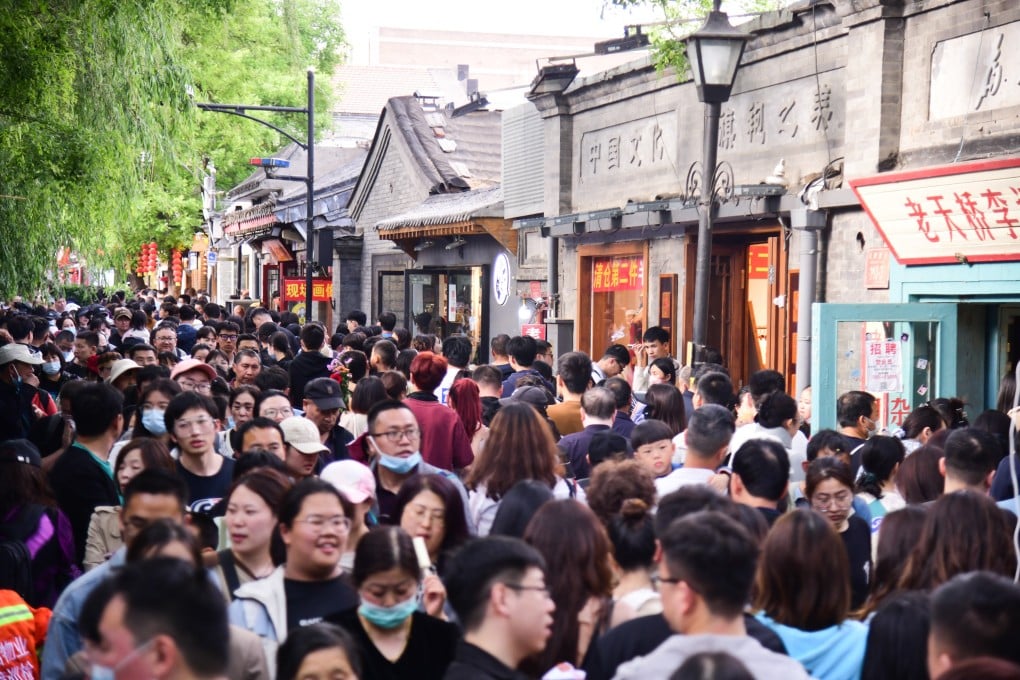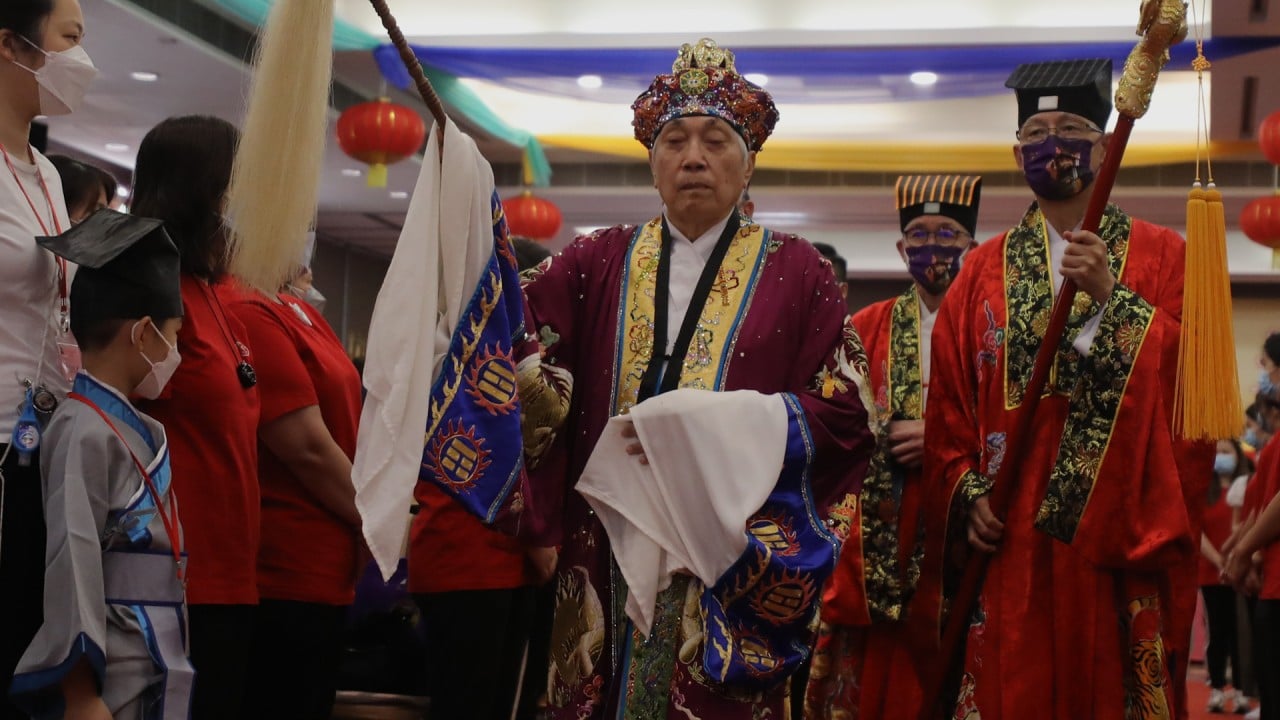My Take | When communists became Confucians
- Once denounced as a fossilised ideology holding back China’s development, an updated Confucianism may be a guide to its future, according to Daniel Bell of the University of Hong Kong in an interview with My Take

In modern China, communism began as one of the Western-imported ideologies and then the sole ideology by which society was organised and state power legitimised. More recently, as a state-sanctioned philosophy, Confucianism has staged a comeback. Confucius’ teachings are put back on the pedestal as they were for centuries.
Will studying Confucius and Confucianism help people understand China today and its relationships with the rest of the world? Or is Confucianism in danger of being discredited in the West not for any intrinsic flaws but because of its association with the Chinese communist state?
Helping us untangle these and other related intricate issues is the world-renowned scholar Daniel Bell, one of the foremost authorities on Confucianism writing in English today. He has sometimes been denounced, perhaps unfairly, as “a China apologist”, something that I myself am familiar with.
Having spent many years as a researcher and teacher in China, Professor Bell, a Canadian, eventually rose to become the dean of the school of political science and public administration at Shandong University, the first such appointment of a foreign-born academic on the mainland. He has this year published a whimsical account of that experience in The Dean of Shandong: Confessions of a Minor Bureaucrat at a Chinese University.
He is also the co-author, with Wang Pei, of Just Hierarchy: Why Social Hierarchies Matter in China and the Rest of the World, which was first published in 2020 and reissued as a paperback with a new preface last year.
Bell has recently moved to our very own city and is working as chair professor of political theory at the law faculty of the University of Hong Kong.

